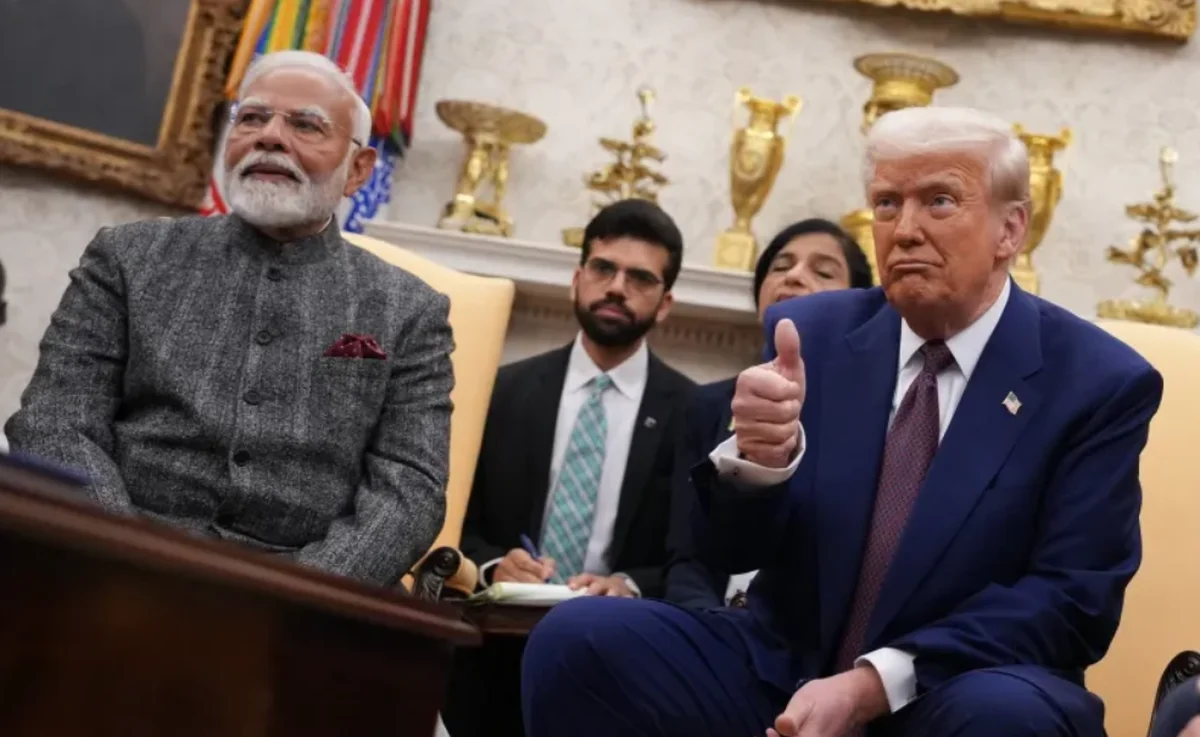19/02/2025
19/02/2025

WASHINGTON, Feb 19: The U.S. Department of Government Efficiency (DOGE), overseen by billionaire Elon Musk, has canceled a $21 million fund previously allocated by USAID to enhance voter turnout in India. The decision, defended by former President Donald Trump, has triggered political controversy in India, with both the ruling party and the opposition calling for a thorough investigation.
Announcing the move, DOGE stated that the fund was part of broader cost-cutting measures to reduce unnecessary foreign expenditures. President Trump justified the decision, questioning why U.S. taxpayer money was used for electoral processes in a country with significant economic growth and high tariffs.
"Why are we giving $21 million to India? They have a lot more money. They are one of the highest taxing countries in the world in terms of us; we can hardly get in there because their tariffs are so high," Trump remarked during a press event at Mar-a-Lago.
The revelation of U.S. funding for voter turnout has led to sharp reactions in India. The Bharatiya Janata Party (BJP) has demanded an investigation into the matter, alleging possible foreign interference in India's electoral process. BJP MP Mahesh Jethmalani expressed concerns, stating, "DOGE has discovered that USAID allocated $21 million for 'voter turnout' in India—a euphemism for paying voters to cast their votes to effect regime change."
Meanwhile, the opposition Congress party has echoed similar concerns, calling for a deeper probe into the matter. Senior Congress leader Ajay Maken stated, "Any kind of foreign intervention in our democratic process or election process is unwarranted and not correct. We oppose it. It needs to be condemned, and there should be a thorough investigation."
Amid the growing political storm, former Chief Election Commissioner S.Y. Quraishi has refuted claims that the Election Commission of India (ECI) received financial assistance from USAID to boost voter turnout. He clarified that while there was a memorandum of understanding (MoU) with USAID, it did not involve direct funding.
The cancellation of the fund has reignited debates over the transparency of foreign aid in domestic electoral matters. While the U.S. has frequently allocated foreign assistance for governance and democratic initiatives in various countries, the revelation that such funds were designated for India's voter participation has raised questions about the nature and purpose of such interventions.
With mounting political pressure, both in India and the U.S., experts believe that further details on the original allocation and its intended use may soon emerge, potentially reshaping future policies on foreign electoral funding.
For further updates, stay tuned.


